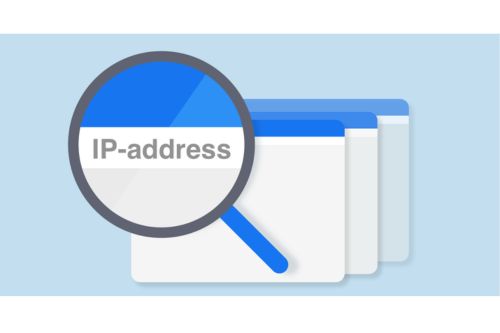Fingerprint Browser: What are the Reasons for Facebook Page Bans? How Can We Solve This?
Facebook, as one of the largest social media platforms in the world, offers the public page feature that allows brands and individuals to interact and communicate with a broad user base. However, many users may encounter issues with their public pages being banned during operation. Understanding the common reasons for Facebook public page bans and their solutions is crucial for effectively managing social media accounts.
Common Reasons for Facebook Public Page Bans
- Violating Content: Posting content that violates Facebook’s community standards, such as violence, hate speech, misleading information, etc., is the most direct reason for a ban.
- Frequent Operations: Performing a large number of posts, comments, or likes in a short period may be seen by Facebook as spam behavior.
- Abnormal IP Addresses: Using unconventional IP addresses or frequently changing IP addresses can trigger Facebook’s security protection system.
- Account Association Issues: If multiple pages or personal accounts operate from the same device and IP address, and one of the accounts is banned for violations, the others may also be affected.
Understanding the reasons for a Facebook public page ban is crucial for finding effective strategies to resolve the issues. Whether due to violating content, frequent operations, abnormal IP addresses, or account association problems, each situation requires specific responses. Below, we will explore how to ensure the safe and stable operation of a Facebook public page through appeals, seeking official assistance, adjusting operational strategies, and changing accounts.
- Account Appeal: If you believe that the public page ban is a mistake, you can submit an appeal through Facebook’s official channels, explaining the compliance of the public page and providing necessary evidence and supporting materials.
- Seek Official Help: Check the relevant help articles in Facebook’s Help Center to learn more about account bans and official advice.
- Adjust Operational Strategies: Avoid posting content that may violate community guidelines, control the frequency of operations, and ensure all content and interactions are within a safe range.
- Change Accounts and Devices: If the ban issue cannot be resolved, you may need to change devices and IP addresses to create a new public page, avoiding risks associated with previously flagged accounts.
Using the CtrlFire Anti-Detection Browser while managing a Facebook public page is an effective preventive measure. The CtrlFire Anti-Detection Browser can help users:
- Hide Real Browser Information: By changing the device fingerprint, it makes each login appear as if from a different device, reducing the risk of being recognized by the platform.
- Manage Multiple Accounts: It supports managing multiple social media accounts simultaneously, with each account having an independent browsing environment to avoid association risks.
- Browser Automation Operations: Provides automation tools to help regulate operational frequency reasonably, avoiding risk control triggers due to frequent operations.
- Multi-Account Operations: By creating and managing multiple browser windows, each window has independent browsing configurations, proxy IPs, and fingerprint information. This way, users can manage multiple public pages simultaneously, achieving environment isolation to avoid associations and bans.
Additionally, CtrlFire provides product optimization, development suggestions, and resource channel support to help users better adapt to the ever-changing online environment, protecting all platform accounts, including global social media and cross-border e-commerce, from association detection and bans.
Now, click to download the product and receive 15 free permanent windows, supporting multi-login across all platforms and preventing bans and associations.






